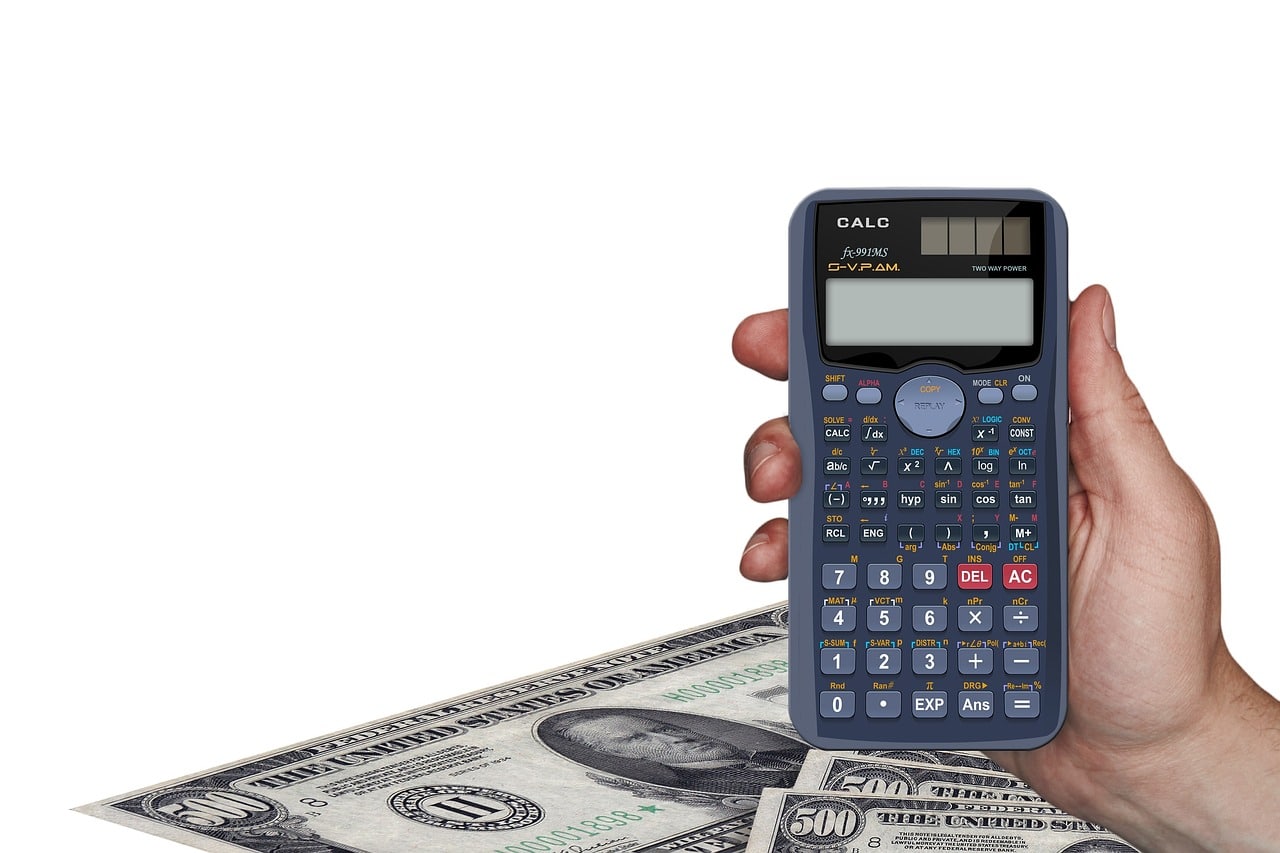Unmasking the Money Drains: Stop Buying These Items Now!

It’s time to face the harsh reality. We’re all guilty of spending money on things we don’t need, right? No worries at all! We’re here to share with you the ultimate guide on how to save money by being selective with your purchases.
Dining Out
Let’s start with the most common culprit – dining out. Yes, it’s convenient and yes, it’s a nice break from cooking. But it’s also a massive drain on your finances. The average person spends a whopping $9,000 per year on eating out. Imagine the savings if you just cooked at home more often. And no, you don’t have to become a master chef overnight. Start small, maybe with a couple of meals a week, and gradually increase it. You’ll be surprised at how much you can save.
And if you absolutely must eat out, consider skipping the drinks and desserts. Water with lemon is just as refreshing and a pint of ice cream at home is just as satisfying.
The Tech Trap
Next up is the tech trap. Every time a new smartphone or gadget is released, we’re tempted to upgrade, even if our current device is working perfectly fine. But here’s the thing – today’s devices are so advanced that they can function for years without a problem. So, unless your phone is on its last legs, resist the urge to upgrade. You could save up to $1,500 a year by doing so.
And if your device does have issues, consider getting it repaired instead of buying a new one. A trip to the repair shop could save you hundreds of dollars.
The Fashion Faux Pas
Moving on to fashion. The average American spends about $1,866 per year on clothing and apparel. That’s a lot of money for items that will likely go out of style in a few months. Instead of giving in to every fashion trend, consider buying less and choosing quality over quantity. You’ll save money and have a more timeless wardrobe.
And remember, just because something is on sale doesn’t mean you need to buy it. Ask yourself if you really need it or if you’re just tempted by the discounted price.
The Lottery Illusion
Now let’s talk about the lottery. Yes, the idea of winning millions is enticing, but the chances of that happening are slim to none. Instead of wasting money on lottery tickets, consider investing it. Even a small amount invested wisely can grow over time.
According to a 2019 report, consumers spend an average of $86 a month on lottery tickets. That’s over $1,000 a year that could be going into your savings or investment account.
The Warranty Waste
Extended warranties are another money drain. While they may seem like a good idea at the time of purchase, they often cost more than the product is worth. Instead of automatically opting for the extended warranty, do some research and consider whether it’s really necessary.
And remember, some credit cards offer extended warranty coverage, so check with your card issuer before shelling out extra money.
The Cable Conundrum
With the rise of streaming services, cable TV is becoming less and less necessary. By cutting the cord and switching to a streaming service, you could save over $50 a month. That’s over $600 a year!
But be careful not to fall into the subscription trap. Only sign up for the services you actually use and make sure to cancel any that you don’t.
The Impulse Buy Blunder
Finally, we come to impulse buys. These are the items you don’t need but buy on a whim. They might seem small and insignificant at the time, but they add up. So, next time you’re tempted to make an impulse purchase, take a moment to consider whether you really need it.
And remember, just because something is a ‘good deal’ doesn’t mean you need to buy it. If you’re fully stocked at home, resist the urge to buy more just because it’s on sale.
From Spendthrift to Saver
Behold, your ultimate handbook to financial empowerment through prudent spending choices. While it may seem like a daunting task initially, a sprinkle of self-discipline and determination can kickstart your journey to saving money. Remember, every penny saved counts, so start with small adjustments and gradually build momentum. Before you know it, you’ll be well on your way to financial independence.






